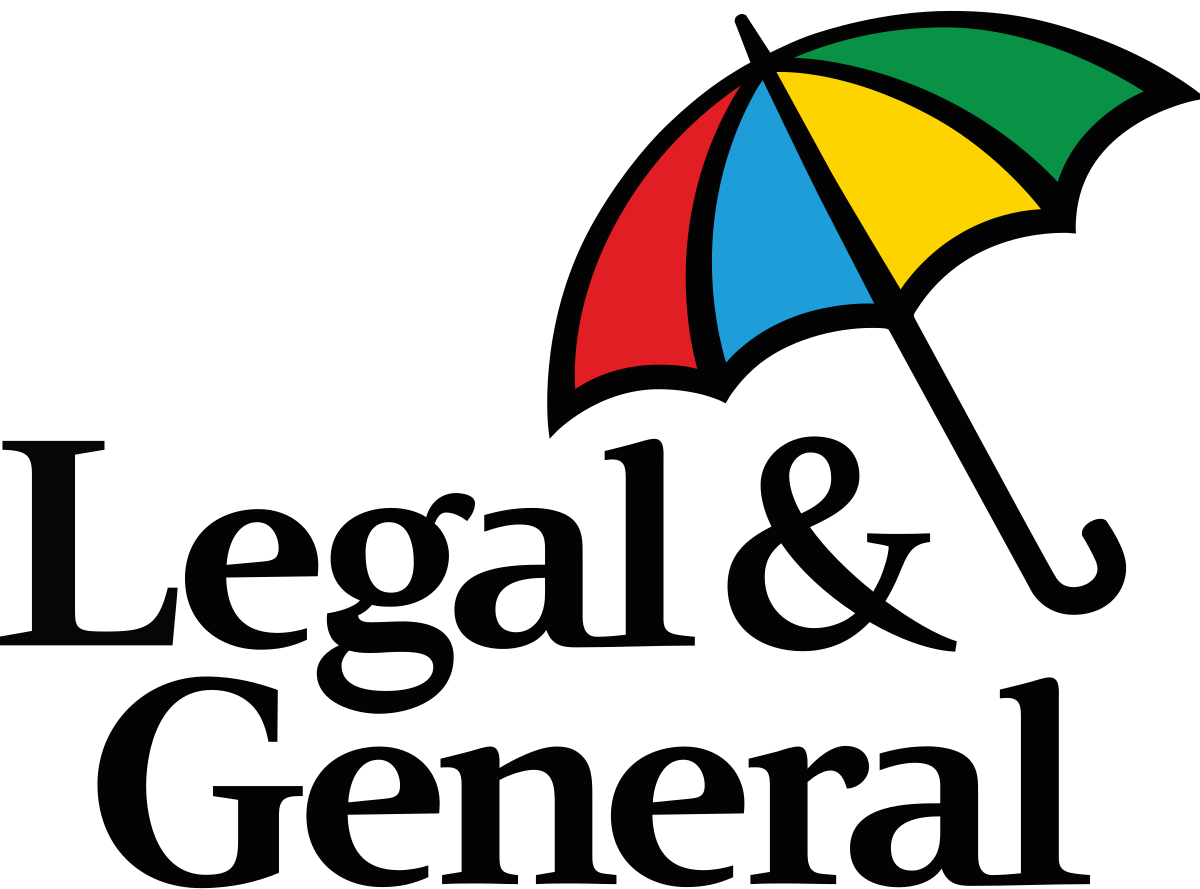
What Is an Exchange-Traded Fund (ETF)?
An exchange-traded fund (ETF) is a pooled investment security that can be bought and sold like an individual stock. ETFs can be structured to track anything from the price of a commodity to a large and diverse collection of securities. An ETF, or Exchange Traded Fund is a simple and easy way to get access to investment markets. It is a pre-defined basket of bonds, stocks or commodities that are wrapped into a fund and then listed onto the exchange so that everyone can use it.
ETFs can even be designed to track specific investment strategies. Various types of ETFs are available to investors for income generation, speculation, and price increases, and to hedge or partly offset risk in an investor’s portfolio. The first ETF was the SPDR S&P 500 ETF, which tracks the S&P 500 Index.
ETFs offer investors access to a wide range of markets around the world usually at low cost. Most ETFs are passive investments, meaning they simply aim to track the performance of an underlying group of investments. Actively managed investments, on the other hand, try to outperform the market, and therefore charge more to cover the costs of employing a team of analysts.
To put this into context, the ongoing charge for the iShares Core FTSE 100 ETF, which tracks the FTSE 100 index, is just 0.07%. However, if you invest in an actively managed fund you can expect to pay ongoing fees and charges ranging from around 0.65% to over 1% each year of your total investment in the fund. The difference may not sound like much over the course of a year, but it adds up if you hold your investment for a number of years.
Passive investing may sound dull, but studies show that the average active fund manager underperforms against the market once costs are taken into account. So, unless you pick a manager who consistently outperforms the market, it’s worth considering the lower cost option of a tracker such as an ETF. Don’t forget though, you still have to take into account any transaction and custody fees charged by your investment service.
ETFs can also help investors build a diversified portfolio. They’re listed on the stock exchange, so you can buy and sell shares in them just like you would in any other company. This means you can build and rebalance your portfolio relatively quickly and easily. What’s more, ETFs don’t just track market indices. They also invest in specific industry sectors, such as finance or healthcare, as well as other investments like government or corporate bonds.
Remember, regardless of whether you invest in an active or passive investment, it can fall in value as well as rise. You may end up getting back less than you invest.



Choose a way to invest that suits you
Investing made easy with our platform partners.
You've already made your investment fund choice and now you're ready to invest.
Follow the link to make your investment online. You'll need to have your National Insurance Number and debit card ready.
Call our friendly UK office and we'll place the investment for you.
We can take payment by debit card or cheque.
You'll also need your National Insurance Number.
Get the most out of your investments with our online investment service. Choose between our two popular Platforms and follow the link below to invest. If you have any questions, our friendly office team is on hand to help you.
Please be aware by clicking on the links below you are confirming that you have read and agree to the Seymour Sinclair Terms & Conditions.

Your Capital is at Risk
Seymour Sinclair Investments Limited is authorised and regulated by the Financial Conduct Authority and offers an execution-only service. Past performance is not a reliable guide to future returns. Market and exchange-rate movements may cause the value of investments to go down as well as up. Yields will fluctuate and so income from investments is variable and not guaranteed. You may not get back the amount originally invested. Tax treatment depends of your individual circumstances and may be subject to change in the future. If you are unsure about the suitability of any investment you should seek professional advice. Whilst Seymour Sinclair provide product information, guidance and fund research we cannot recommend which of these products or funds, if any, are suitable for your particular circumstances and must leave that judgement to you. Before investing you must read the Seymour Sinclair and Platforms Terms and Conditions and it is important that you read the specific risk factors on the Key Investor Information Documents for the funds which you are considering investing in.
For non-platform business, where we can still give discounts, those discounts are subject to receipt of commission and may be subject to change if commission levels are altered. The information on this site is intended solely for the use of those people who are United Kingdom residents for tax and investment purposes.




